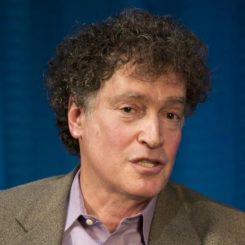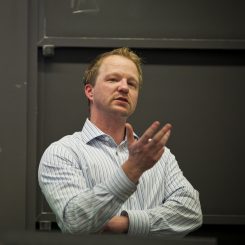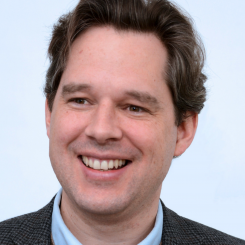November 12, 2020 - 11:00 AM - 12:30 PM Eastern Time (ET)
What Role for Second-best Climate Policies?
Event Description:
Economic theory offers widely accepted prescriptions for optimal policy interventions against climate change. Political economy constraints and institutional, regulatory and sociocultural barriers frequently impede adoption of such first-best policies, however, raising difficult questions about how to approach research, academic discourse, and policy advice on a broad range of fallback – or second-best – policies. In this webinar, two leading experts with extensive track records of academic and advisory work on climate policy draw on recent research to discuss how they have addressed this issue in their own work, and to offer insights on the appropriate role of second-best policies in a climate policy portfolio or ‘instrument mix.’





